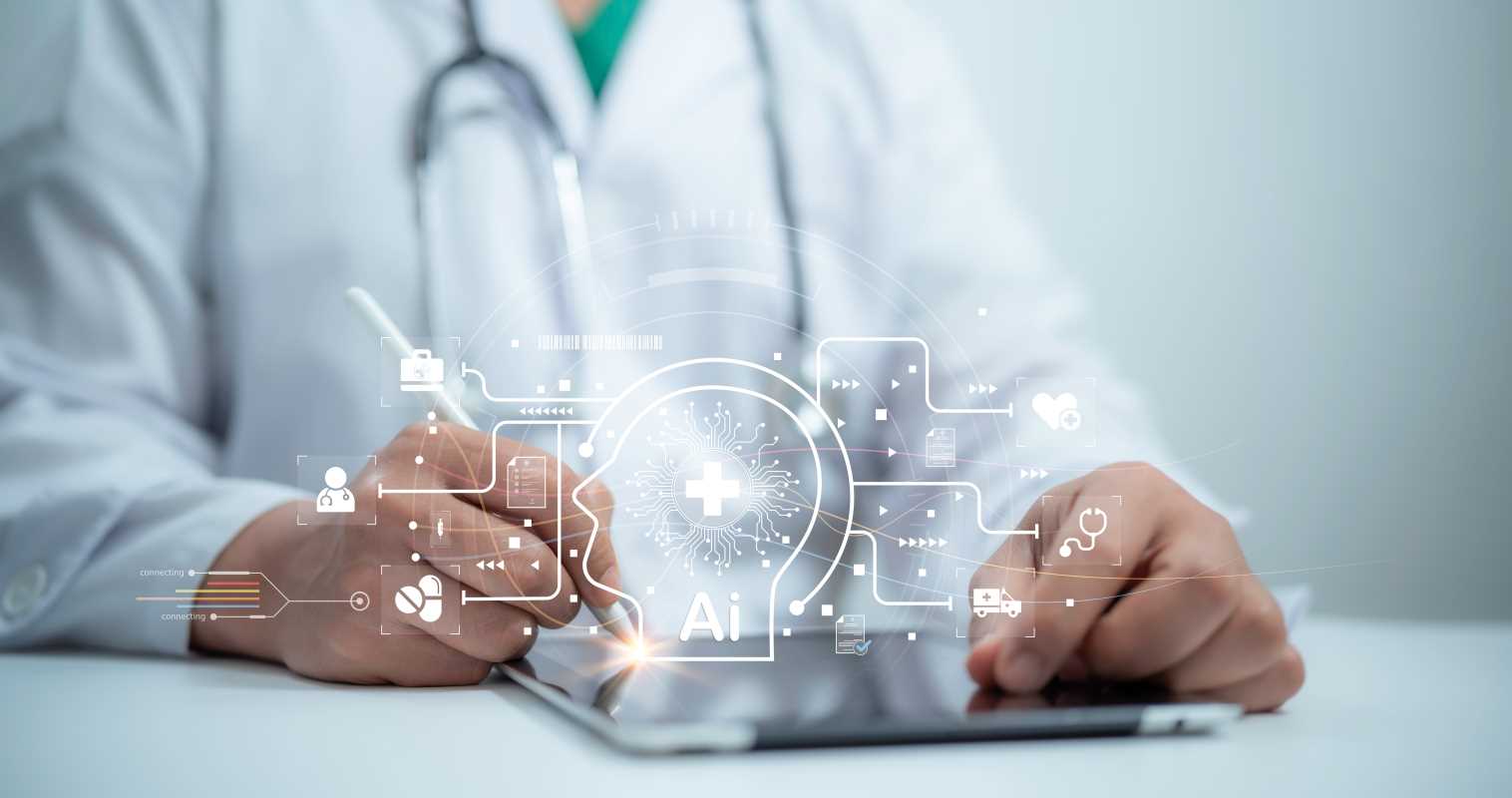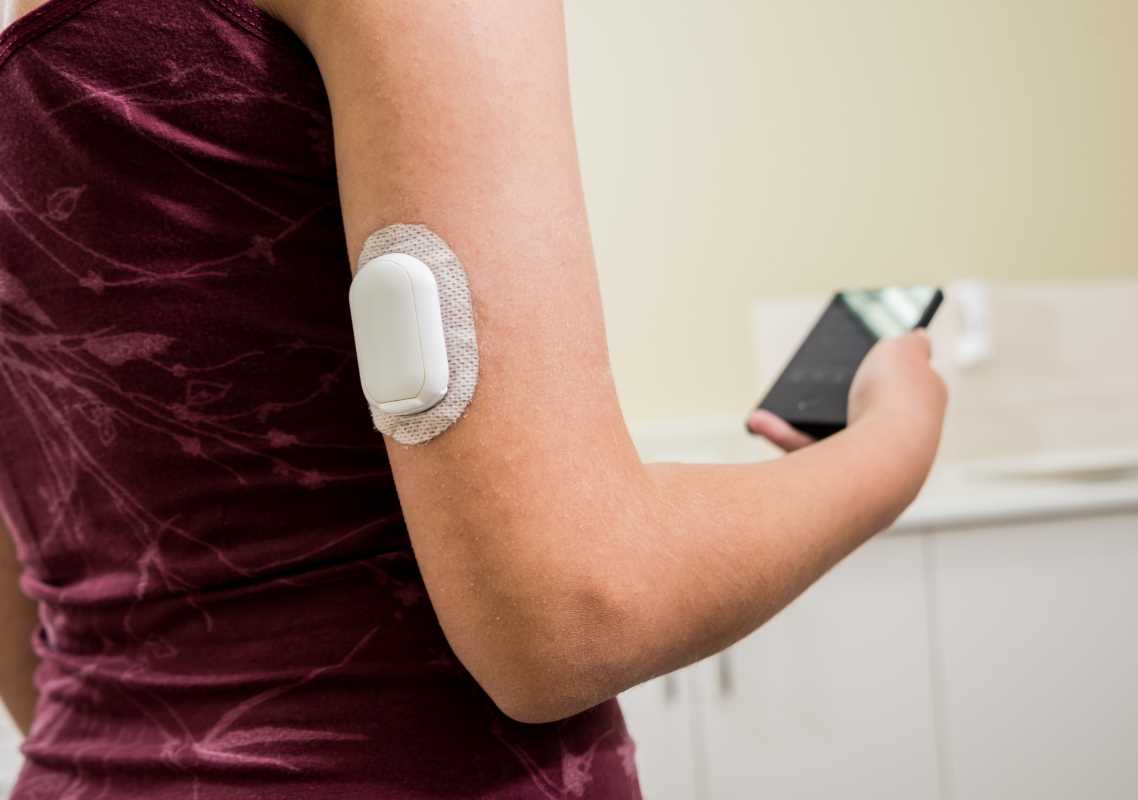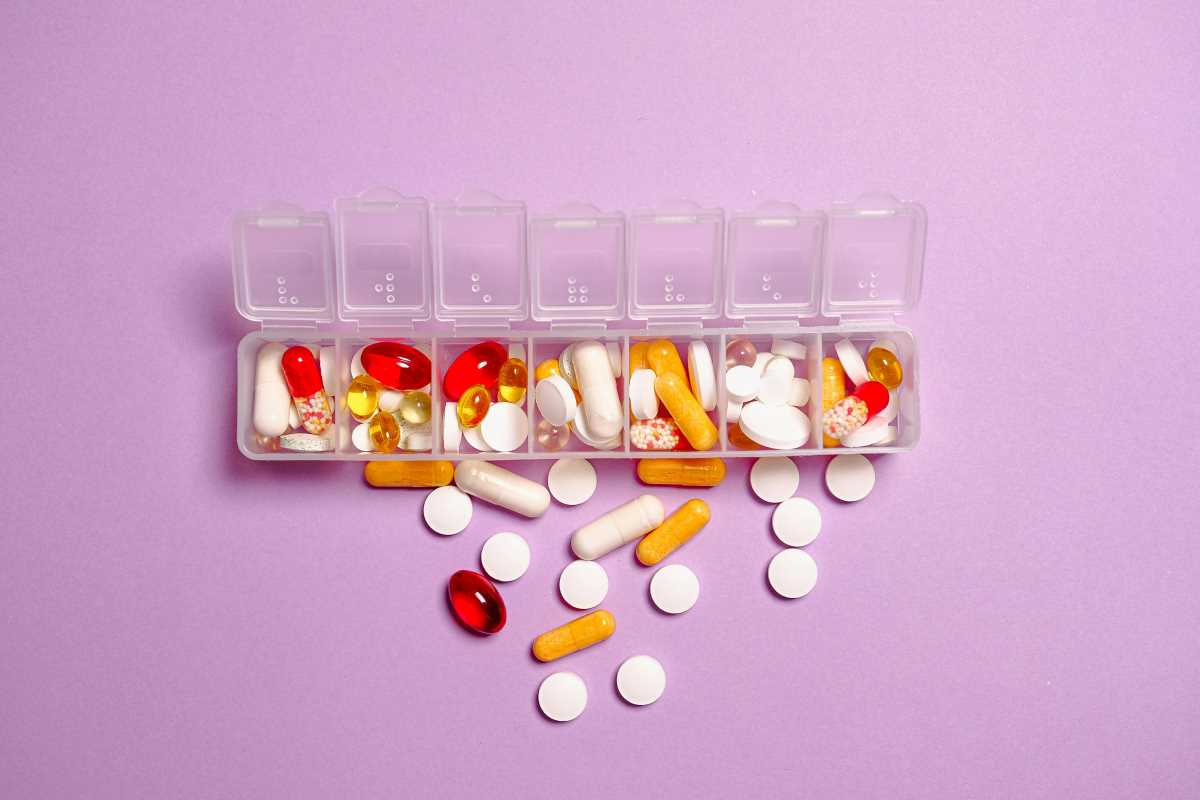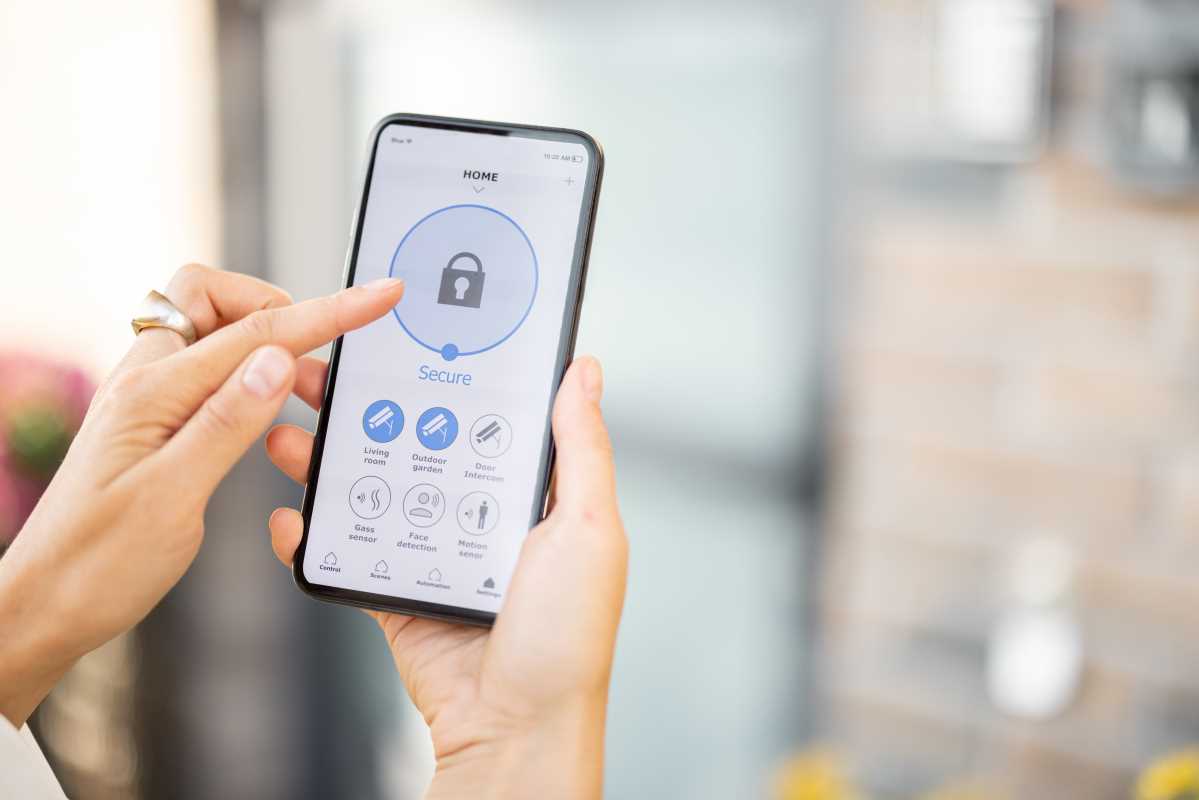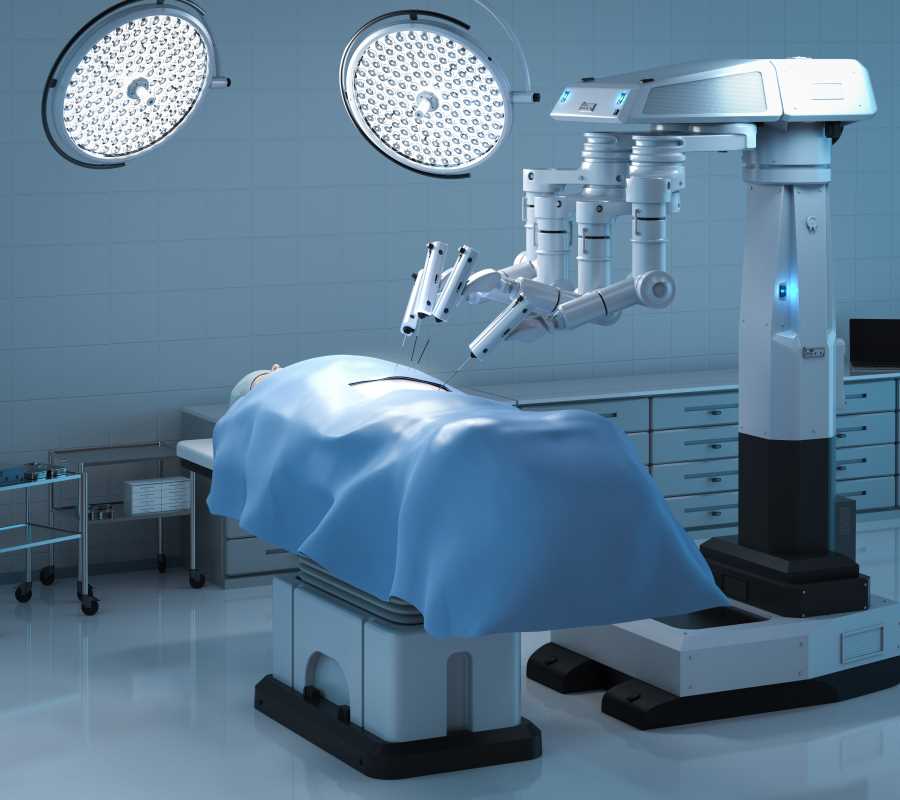Keeping track of what you eat and drink might seem simple, but the reality is often much more complicated. Counting calories, monitoring nutrients, and making sure your diet meets your health goals takes more than good intentions. Biometric scanners are stepping in as game changers, making nutritional tracking smarter, faster, and more personalized. These devices use advanced technology to measure things like body composition, hydration levels, and metabolic rates with surprising accuracy. Instead of relying on guesswork, biometric scanners give precise data that helps you track your eating habits and tailor them to your body's needs. Here’s how these cutting-edge tools are shaping the future of nutrition tracking.
Breaking Down Biometric Nutrition Scanners
Biometric scanners bridge the gap between health data and actionable insights. They capture information directly from your body, analyzing factors like weight, muscle mass, fat percentage, and even hydration levels. Some devices go even further, providing details about how your body processes specific foods or reacts to certain diets.
The science behind these scanners relies on bioelectrical impedance, optical sensors, and other advanced techniques. By collecting real-time data and syncing with apps, biometric scanners turn raw numbers into user-friendly nutritional advice. This means you can make decisions based on what your body truly needs, avoiding common pitfalls like overestimating calories or misjudging portion sizes.
Top Biometric Scanners for Nutritional Tracking
Several biometric scanners have already made a name for themselves, offering unique features that cater to different aspects of nutritional health. Here’s a closer look at some of the top devices making waves in the world of health tech.
1. BodiMetrics Performance Monitor
The BodiMetrics Performance Monitor is a versatile, palm-sized device that provides more than weight information. It measures resting heart rate, oxygen saturation, and body fat percentage, giving you a comprehensive picture of your overall health. By syncing with a mobile app, this tool helps users tie their biometric data to nutrition habits.
By combining insights on body composition and cardiovascular health, this device allows users to align their eating habits with fitness goals. Knowing your fat percentage enables smarter calorie adjustments during a weight-loss plan.
2. Tanita Body Composition Analyzer
Tanita is a household name in the world of body composition measurement. Unlike basic scales, this scanner measures overall weight but also muscle mass, fat distribution, metabolic age, and even bone density. Its data lets users take their nutrition tracking far beyond calorie counting.
Understanding lean muscle helps users adjust protein intake, and fat distribution insights guide better meal planning to promote healthy weight loss or maintenance. With this detailed breakdown, users know exactly how their diet is affecting their bodies.
3. Lumen Metabolism Tracker
The Lumen Metabolism Tracker takes a unique approach by measuring your body’s metabolic state through your breath. By analyzing carbon dioxide levels, this pocket-sized scanner tells users whether they’re burning carbs or fat for energy. Based on these insights, the accompanying app offers personalized meal recommendations.
Real-time feedback on metabolism makes it easy to adjust what you eat, avoiding imbalances. If your scanner indicates your body is running low on carbs, it might suggest a meal containing wholesome grains or fruits for optimal energy.
4. FitTrack Dara Smart Scale
FitTrack builds on the capabilities of smart scales by providing 17 different health metrics. Beyond body weight, it measures visceral fat, hydration levels, and basal metabolic rate (BMR). With app syncing, users can visualize trends in their progress over time.
Seeing how daily hydration or specific foods impact water retention and muscle composition helps users fine-tune diets. It’s particularly beneficial for athletes and fitness fans looking to achieve peak performance.
5. Scanadu Scout
Scanadu Scout provides detailed health data ranging from vital signs like heart rate and temperature to stress levels. Though primarily a wellness device, its ability to measure changes during periods of dietary adjustments provides valuable insight for nutrition tracking.
Tracking stress and its impact on nutrition allows users to address factors that may lead to overeating or unhealthy choices. Over time, users can see how balanced eating promotes better overall health.
The Benefits of Biometric Scanners for Nutrition
Traditional tools like food logs or apps are limited by human error or inconsistent data entry. Biometric scanners eliminate guesswork and bring powerful benefits:
- Real-Time Feedback: Unlike traditional methods, many biometric scanners provide instant results that correlate with lifestyle changes like food intake or exercise. Knowing how a heavy meal affects hydration or metabolic rate can guide smarter decisions.
- Deeper Connections Between Diet and Body: Metrics like fat percentage, water levels, and metabolic state personalize dietary requirements to suit your goals. Biometric scanners adapt to the individual rather than applying a one-size-fits-all solution.
- Precision in Adjustments: Whether the goal is weight loss, muscle gain, or improving cardio health, biometric scanners make sure each change aligns with your body's metrics. Small fluctuations in hydration or fat percentage can prompt meaningful tweaks to your eating habits.
Challenges and Considerations
Biometric scanners hold immense promise, but several considerations should be taken into account. The accuracy of these devices depends on proper use and regular calibration. Some tools may not provide consistent readings if used incorrectly or too frequently. Advanced biometric devices can come with a steep price tag. Investing in digital health tech is worthwhile for some individuals, but it may feel inaccessible to others.
Integration with apps is another factor. Devices that offer personalized guidance require users to track meals and follow through on recommendations. Without engagement, even the most advanced scanner can't deliver meaningful results.
What Does the Future Hold?
Biometric scanning technology is rapidly evolving, with innovations constantly improving accuracy and scope. Future devices may incorporate even more data points, like gut microbiome analysis, to provide a clearer overall picture of how diet affects health.
- AI-powered scanners could predict nutrient deficiencies before symptoms appear, offering earlier intervention.
- Wearable biometric devices could evolve into multi-sensor systems capable of simultaneously monitoring hydration, blood sugar, and even vitamin consumption.
- Enhanced privacy features will likely make these tools more accessible and trustworthy.
Biometric scanners may even begin to partner seamlessly with kitchen gadgets and grocery apps, providing meal recommendations or grocery lists tailored to your health metrics.
 (Image via
(Image via